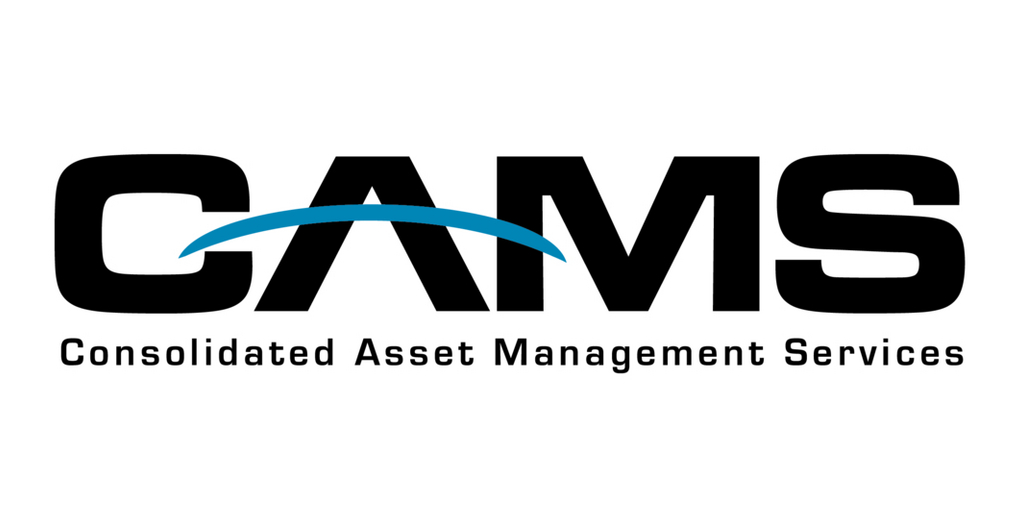The mining industry is a vital part of Australia’s economy that contributes significantly to the nation’s prosperity and economic growth.
However, it’s crucial to acknowledge that the mining sector can also have an adverse effect on the environment, particularly in terms of water consumption and waste generation.
In fact, mining is one of the most water-intensive industries in the world, and it generates large volumes of mining wastewater that can be harmful to ecosystems if not properly managed.
In a world grappling with water scarcity, the judicious use of this precious resource goes beyond a mere social responsibility for businesses — it is a necessity for ensuring a sustainable future. Mining companies must navigate the delicate act of reconciling business profitability with the imperative of environmental conservation.
Tackling the water challenge
Mining operations, by their nature, demand copious amounts of water for various processes — from excavation to dust suppression to transportation.
The sheer volume of water consumption raises concerns about the industry’s water footprint, which can ripple through local ecosystems and neighbouring communities. It’s imperative for the mining sector to adopt forward-thinking strategies that not only reduce water usage but also minimise waste generation for the long-term health of mining operations and the environment.
In the era of heightened environmental awareness and social responsibility, the mining industry in Australia faces the crucial task of integrating sustainable water management solutions.
Let’s explore some strategies to tackle the water footprint challenge:
- Advanced water recycling systems: embrace the transformative power of water recycling, converting mining wastewater into a valuable asset for mining operations. By incorporating recycled water, mining companies not only alleviate pressure on local sources but also contribute to preserving delicate ecosystems. The use of recycled water enhances operational efficiency, curtails waste generation, and results in significant cost savings.
- Efficient tailings management: at the heart of mitigating water pollution lies the crucial task of addressing tailings, the residual material remaining after mineral extraction. Tailings management techniques like dry stacking, tailings ponds, and water recycling play a crucial role in diminishing water usage and ensuring responsible disposal practices.
- Innovative mine water treatment solutions: the key to a reduced water footprint lies in adopting innovative water treatment solutions. Technologies such as filtration, membrane processes, and chemical treatments offer efficient and cost-effective ways for mining companies to lower their water consumption and improve water quality.
Veolia’s role in sustainable mining
As the call for sustainable mining practices intensifies, Veolia Water Technologies stands at the ready as a reliable partner, offering a wide range of innovative solutions for water treatment and services.
Its experienced team of local and international experts understand the unique challenges faced by the mining industry and provides a diverse portfolio of solutions, including water management consulting, cutting-edge treatment technologies, and water recycling solutions.
Veolia’s suite of water treatment technologies, including DenseSludge, Actiflo softening, and reverse osmosis, positions it as a key player in helping mining companies not only comply with regulations but also reduce their water footprint while safeguarding the environment.
Veolia’s proven impact
Veolia Water Technologies has partnered with a number of mining companies around the world to help them reduce their water footprint. Some of the applications include:
- Tackling contaminated mine water: Veolia Water Technologies swiftly implemented a water treatment plant to address Bendigo Mining’s challenge of treating contaminated underground mine water — laden with salt, dissolved iron, arsenic, heavy metals, manganese, and odour. Featuring the Actiflo clarification process, the plant efficiently treated 7ML/day, significantly reducing contaminants. This not only safeguarded delicate ecosystems but also enhanced operational efficiency by reintegrating clarified water into various facets of mining operations.
- Rapid dewatering for critical operations: Teck Resources faced an urgent need to remove substantial volumes of water from a remote and environmentally sensitive tailings pit within three months. Veolia Water Technologies responded with a tailored solution, deploying a customised mobile Actiflo clarifier alongside a comprehensive Hydrex chemical program. This swift intervention not only met critical production deadlines but also ensured compliance with federal water quality objectives. The result was a successful and advanced dewatering of the mine pit, outpacing the original schedule.
Looking ahead to a sustainable future
Addressing water consumption in the mining industry is a complex challenge, but with the right approach and a partner attuned to the water challenges faced by mining operations, positive change is within reach.
Veolia Water Technologies believes that water treatment is essential for the sustainable development of the mining industry. With its team of experts and wide range of solutions, Veolia Water Technologies stands ready to work with operations to reduce their water footprint, seamlessly integrating innovative water treatment solutions into every stage of the mining process.
This article was developed in partnership with Veolia Water Technologies client executive manager Australia and New Zealand Leno Cavarra.
Visit the Veolia Water Technologies website or contact Cavarra at leno.cavarra@veolia.com to learn how Veolia can address your mine water needs.
Together, let’s build a more sustainable and cost-effective future for the mining industry.
Subscribe to Australian Mining and receive the latest news on product announcements, industry developments, commodities and more.




